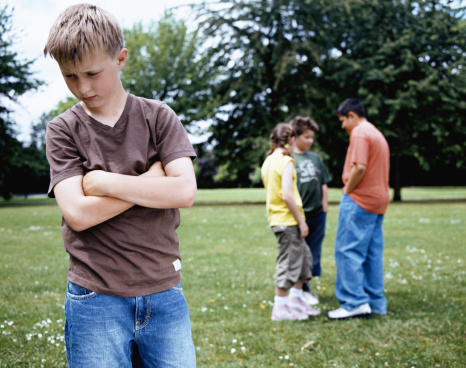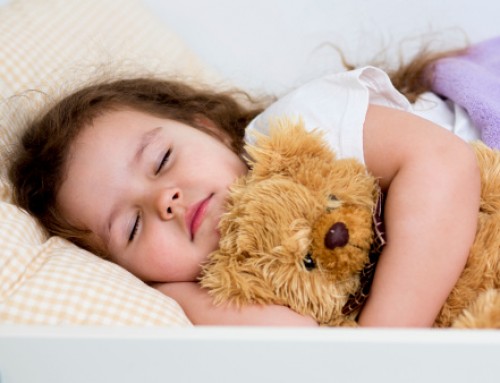 Behavioral disorders often affect the lives of those suffering from them to a rather severe degree, and it is our job as therapists to help these people to cope with and overcome these difficulties. Sometimes, however, the fates of those who are close to the patent can be overlooked. Children are easily affected by the behaviors of adults, and they are often completely powerless to change their situation-this is especially true of the children of hoarders.
Behavioral disorders often affect the lives of those suffering from them to a rather severe degree, and it is our job as therapists to help these people to cope with and overcome these difficulties. Sometimes, however, the fates of those who are close to the patent can be overlooked. Children are easily affected by the behaviors of adults, and they are often completely powerless to change their situation-this is especially true of the children of hoarders.
Hoarding was, until recently, regarded as a symptom of obsessive compulsive disorder. However, since the DSM V it has been viewed as its own condition known as hoarding disorder. This is in part due to the conditions lack of response to treatments that are useful in treating obsessive compulsive disorder.
Being the child of a hoarder can be a hazardous proposition. The practice of stacking towers can pose risks, especially for small children. Objects can fall on the child and cause injury. In the event of a fire, finding an exit may be difficult and the smoke may be highly toxic as a result of the hoarded items. Emotionally the child may feel shame, isolation, or helplessness about the situation. The child is far less likely to spend time with friends at home due to embarrassment or away due to anxiety over how they or their family may be regarded by others. Children of hoarders are also far more likely to develop hoarding tendencies themselves, exhibiting such symptoms as excessive attention to their own possessions.
We can’t forget about how many people may suffer the consequences if a single person suffers from a behavioral disorder. We need to look around and take stock of the situations of those near to patients, as well as, the patient themselves. If you happen to know a child in this type of situation, remember, the best thing you can do is to be available to talk. Let them know there is someone who will listen and you may make all the difference to them.




